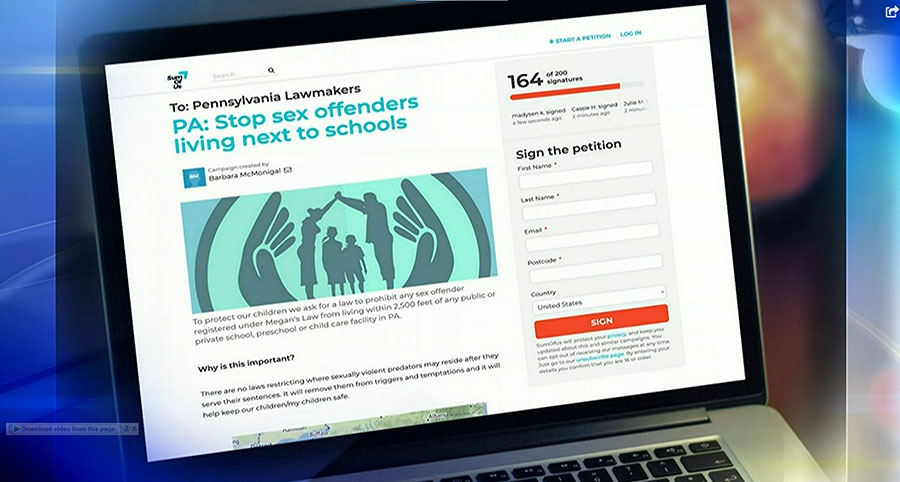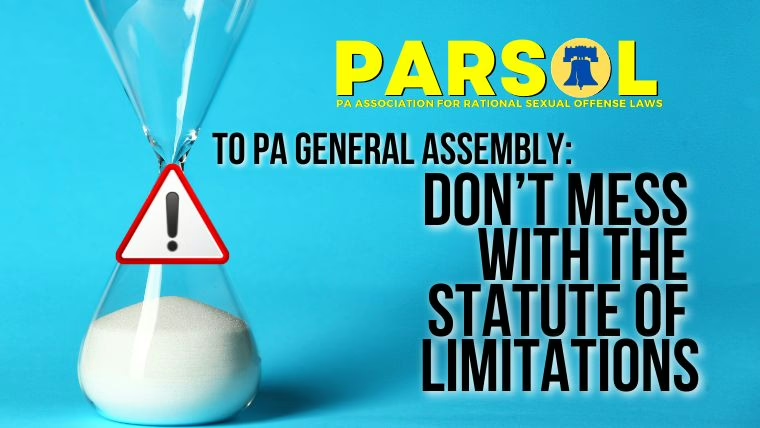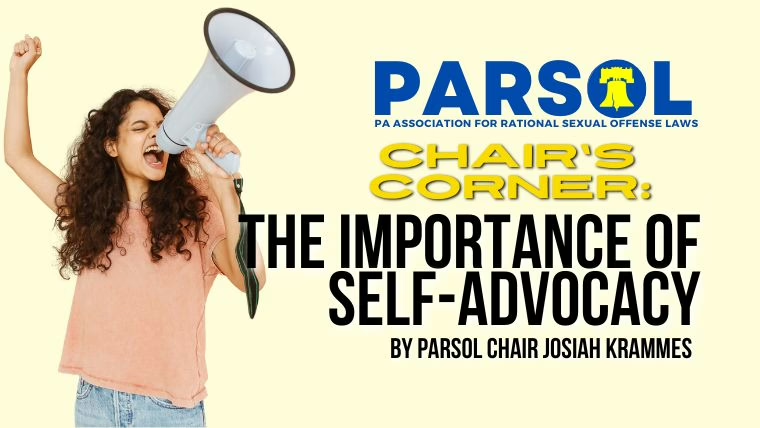[Harrisburg, PA] The Pennsylvania Association for Rational Sexual Offense Laws (PARSOL) believes all sexual abuse is unacceptable and that prevention, treatment, and healing are possible. We take a person-first approach to criminal justice reform that cultivates a fair and just society, honors an individual’s inherent dignity, and promotes respect and fairness. As such, we are compelled to weigh in on the news stories airing from Hampton Township, PA from December 6th:
- WPXI: Some parents frustrated after sex offender moves next to local school
- CBS Pittsburgh: After registered sex offenders moves near Hampton Township school, mother wants to change state law
In the WPXI story, Hampton Township parents advocate for residency restrictions for persons forced to register under Pennsylvania’s Megan’s Law. The story states, “Parents in Hampton Township made a petition demanding a law be put in place to stop sex offenders from living next to schools.”
Certainly, the community in Hampton Township has every right to want its residents free from harm and exploitation; it is within the social contract that we share in this state and this country. An equally important part of this social contract is the freedom to be left in peace and free from persecution once a sentence is served.
“People can and do change,” said PARSOL Legislative Director Randall Hayes, “We continue to see this over and over again, and the Supreme Court of Pennsylvania agrees.”
The 2011 Supreme Court of Pennsylvania case, Fross v. County of Allegheny, ruled that the county could not pass a 2500-foot residency restriction ordinance. They ruled that such a law would counter PA’s stated objective of facilitating reentry to people who have completed their sentences. While a few lawmakers continue to propose bills that would create residency restrictions, none have passed.
“Research shows the absence of residency restrictions does not impact recidivism and is not a preventative factor in managing risk to the community,” added PARSOL Executive Director Theresa Robertson, Ph.D. “The U.S. Department of Justice concluded that residency restrictions undermine a stable life stating the ability of the offender to obtain housing, work, and family is an important anti-recidivism factor.”
“We do not know the details of the individual whose presence has some members of Hampton on edge. However, we can confidently say that if they are a person forced to register as a sexually violent predator (SVP), they have already received and will continue to receive significant rehabilitation therapy,” said Hayes. “The people who provide this treatment take their jobs very seriously and are invested in ensuring that people with these charges do not re-offend. Further, peer-reviewed research demonstrates the reoffense rate for people with sex offense convictions is low.”
Under Pennsylvania law, those deemed sexually violent predators receive lengthy periods of intense sex offense treatment. Once successfully discharged, they must attend ongoing therapeutic treatment at least monthly for the rest of their life with an authorized provider. This treatment also includes an annual polygraph examination.




